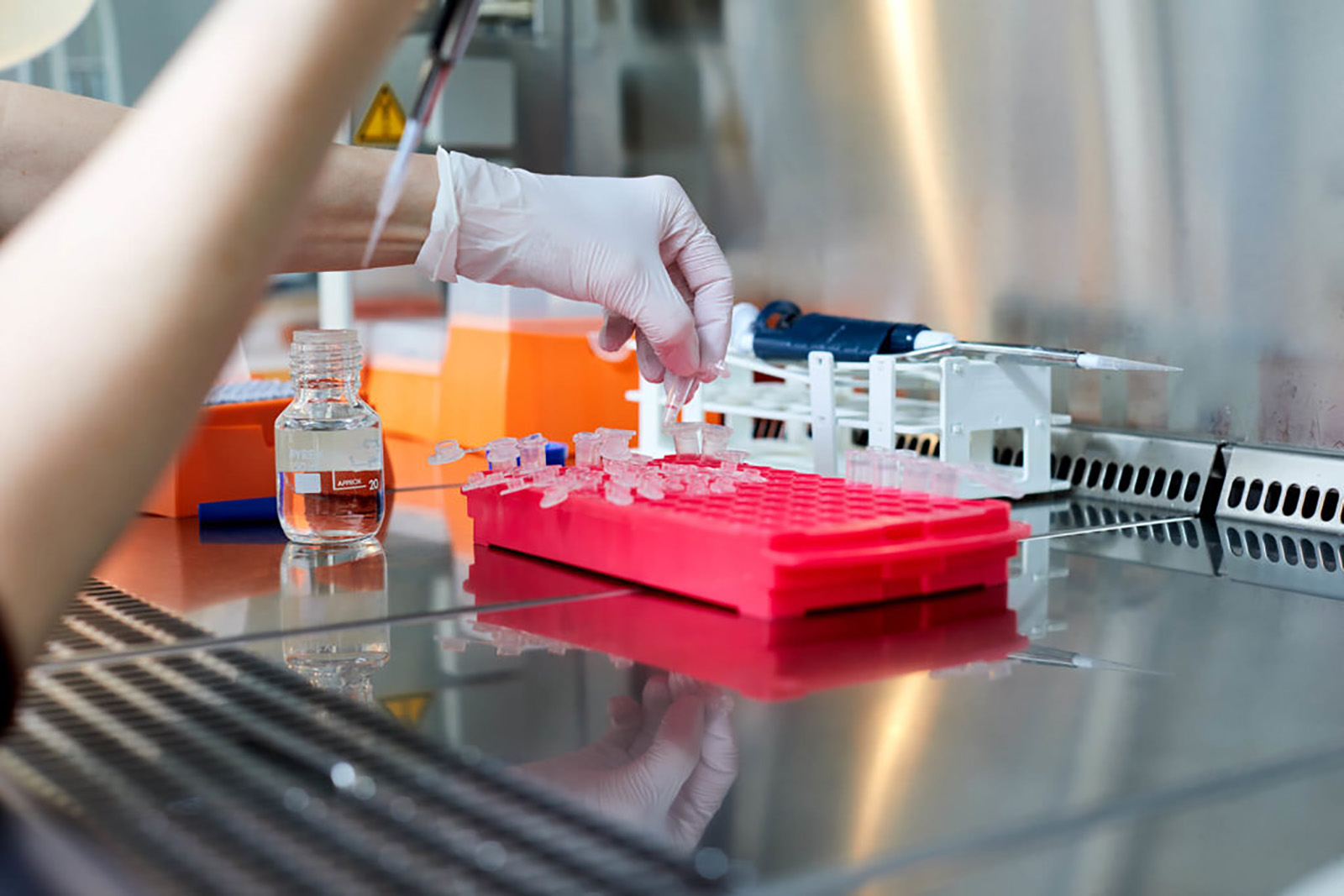Atrogi announced today that the first patient has been enrolled in a Phase 1a/b study. Atrogi’s drug candidate, ATR-258 is a first in class novel ß2 adrenoceptor agonist with a unique mechanism of action for the treatment of type 2 diabetes and comorbidities. This approach is supported by data presented in a January 2023 clinical publication in Nature Communications. The trial is expected to be completed by April 2023 with the final report in June 2023.
Conducted in Mannheim, Germany by Clinical Research Services (CRS), the Phase 1a/b study is a double-blind, placebo-controlled, randomized study evaluating the safety of ATR-258 for the treatment of type 2 diabetes (ClinicalTrials.gov identifier: NCT05409924).
The Phase I protocol covers three parts, Part A: Single Ascending Dose of the drug candidate given to healthy volunteers, and Part B: Multiple Ascending Dose administered to healthy volunteers. Both parts A and B have been completed successfully involving 48 healthy volunteers. Preliminary blinded data from the healthy volunteers suggests that ATR-258 was well tolerated without severe adverse reactions. Now the final part of the study with type 2 diabetes patients has commenced: in Part C: daily administration of ATR-258 at a fixed dose during 28 days in 24 type 2 diabetic patients.
This milestone coincides with a clinical publication in Nature Communications (van Beek et al.,) co-authored by Atrogi´s founder Professor Tore Bengtsson. The report describes the beneficial metabolic effects by a ß2 adrenoceptor agonist and the results “highlight the potential of ß2-agonist treatment in improving skeletal muscle glucose uptake and underscore the therapeutic value of this pathway for the treatment of type 2 diabetes.”
”There is a large unmet need for durable and efficient treatments for type 2 diabetes patients. We believe that our first-in-class drug candidate ATR-258 with its unique mode of action, has the potential to not only help these patients manage their blood glucose levels, but also help treat the actual cause of the disease. As of yet, no other type 2 diabetes drug has managed to achieve this.” said Alexandra Ekman Ryding, Ph.D., CEO.
Reference: van Beek, S.M.M., Bruls, Y.M.H., Vanweert, F. et al. Effect of β2-agonist treatment on insulin-stimulated peripheral glucose disposal in healthy men in a randomised placebo-controlled trial. Nat Commun 14, 173 (2023). https://doi.org/10.1038/s41467-023-35798-5
